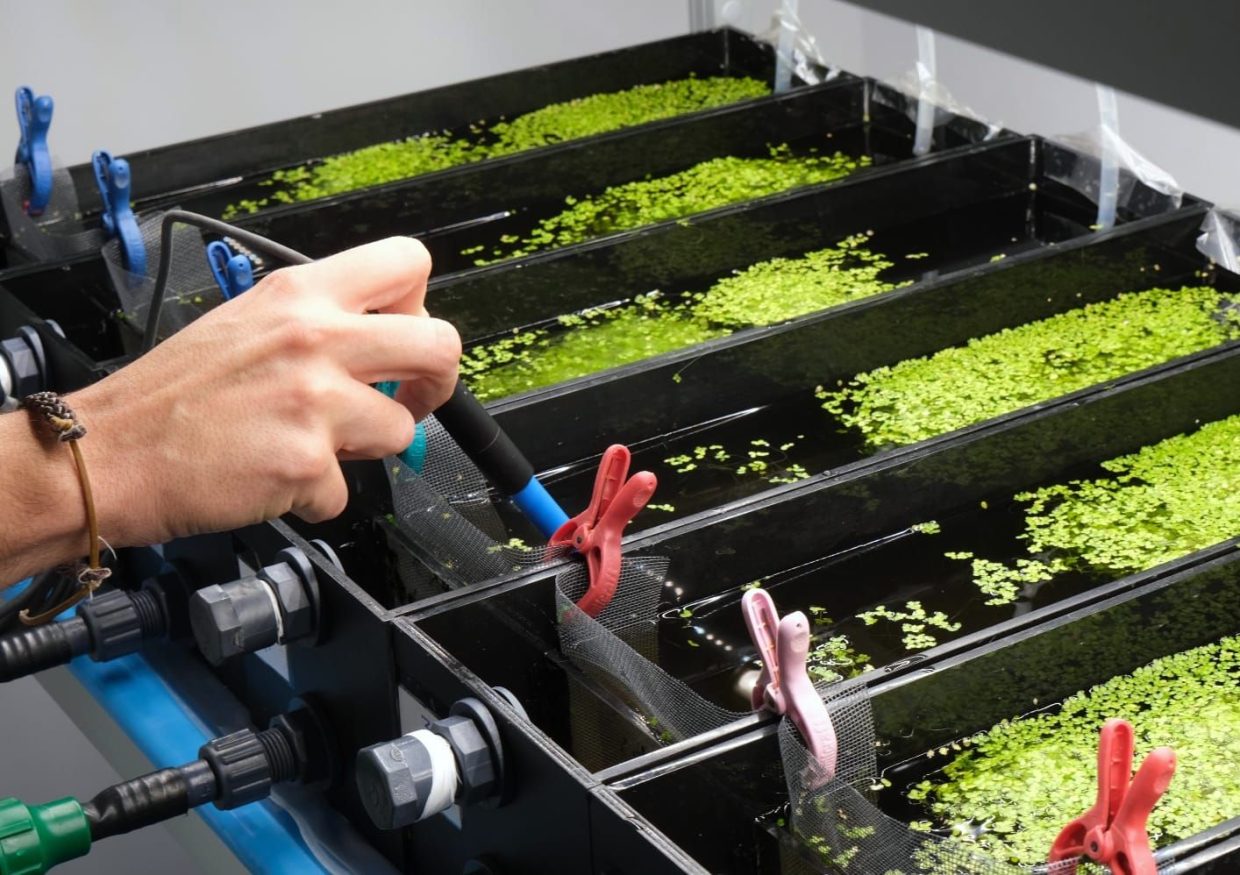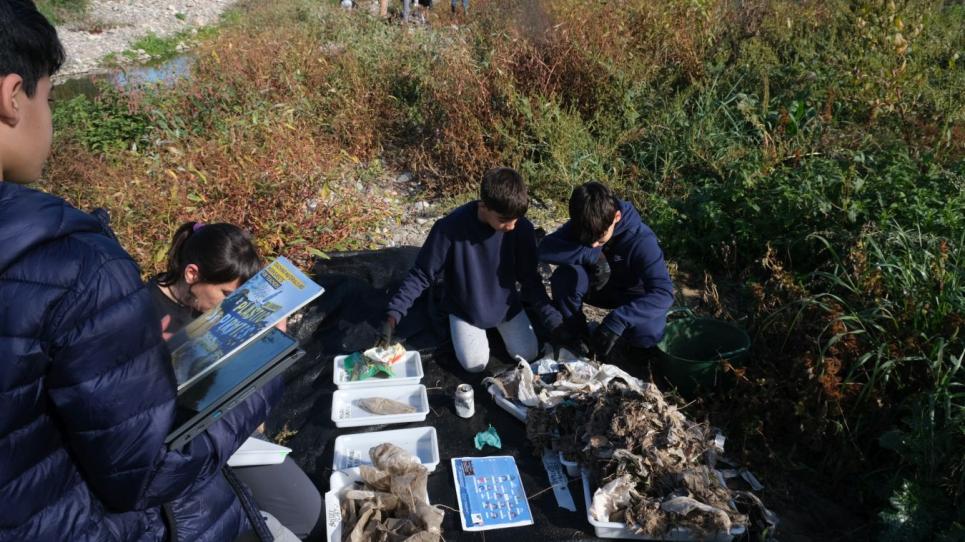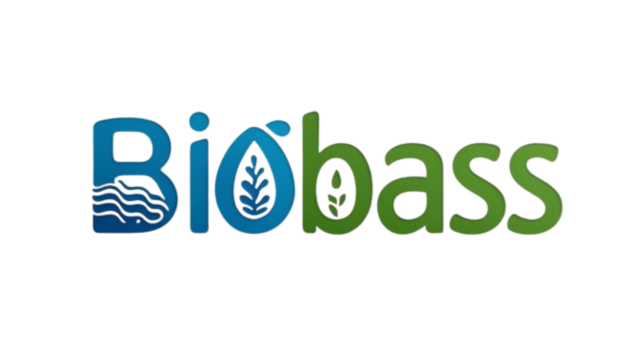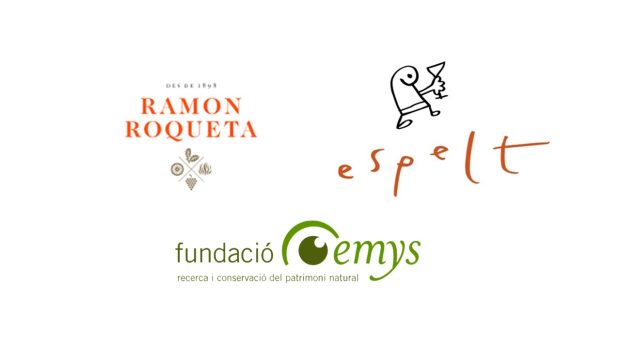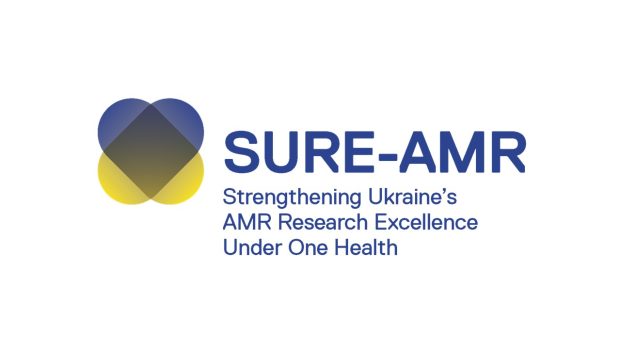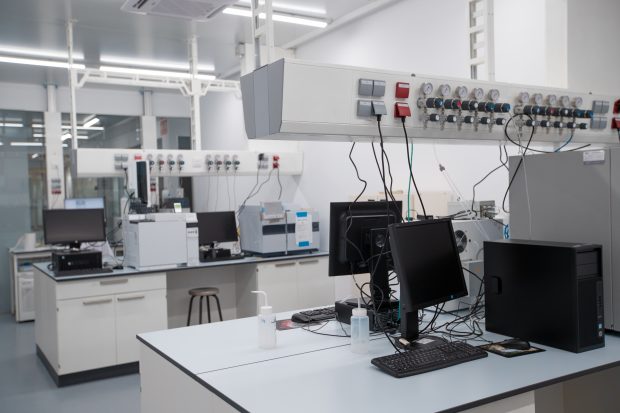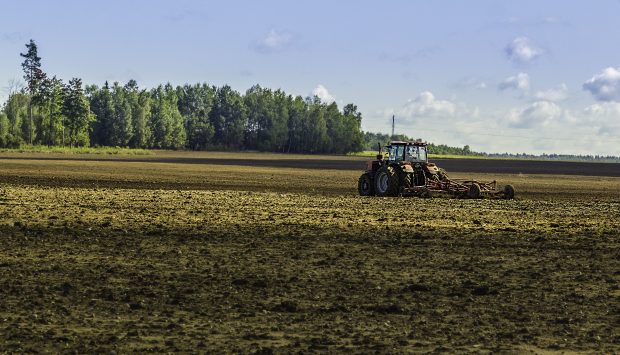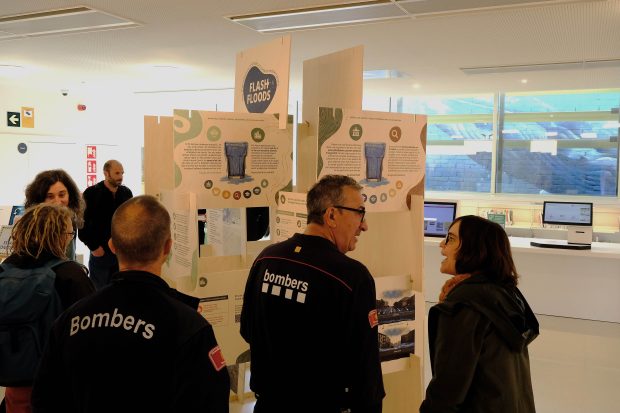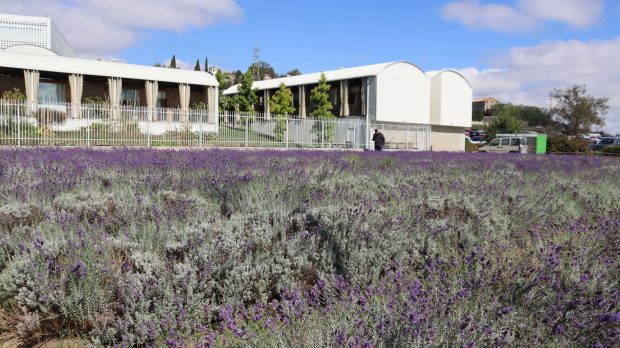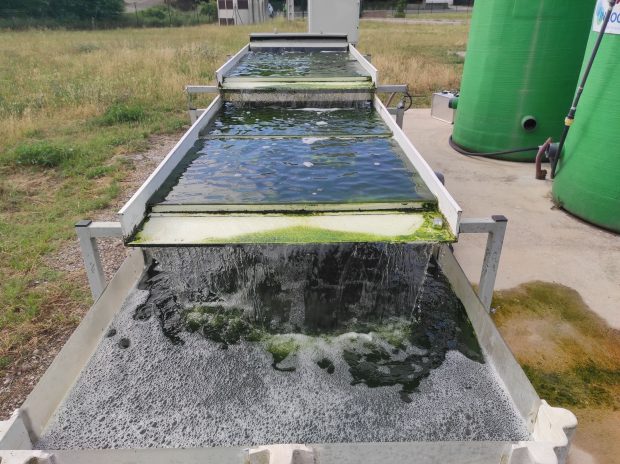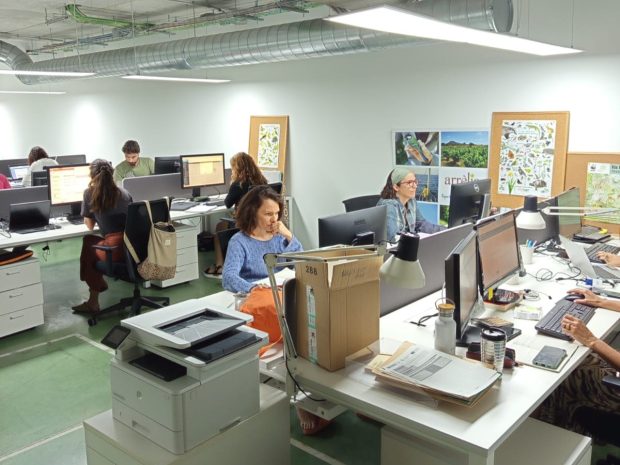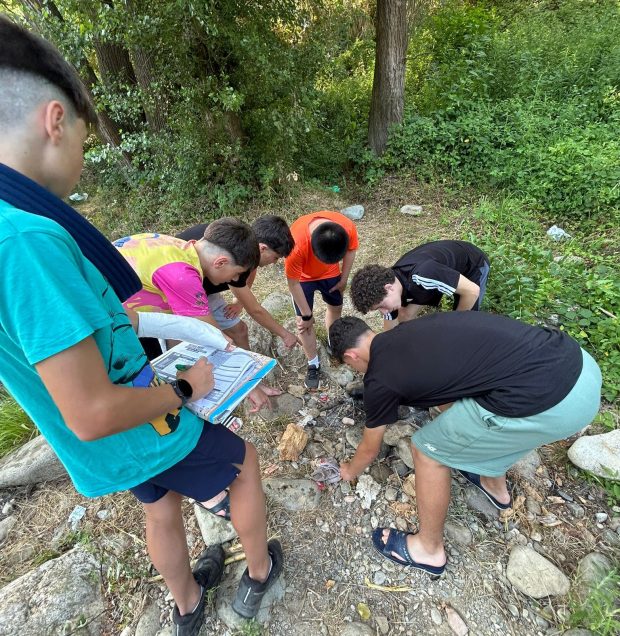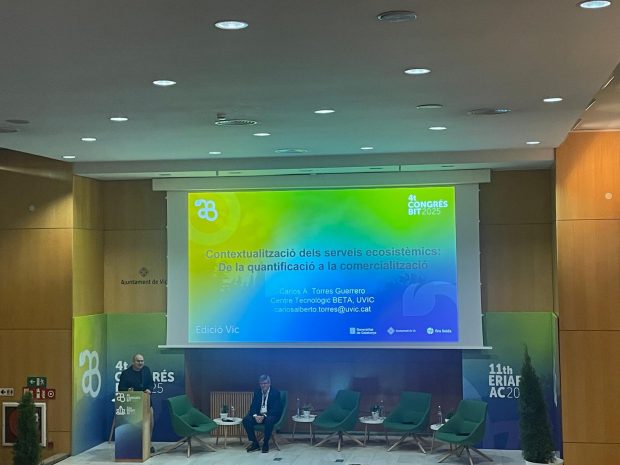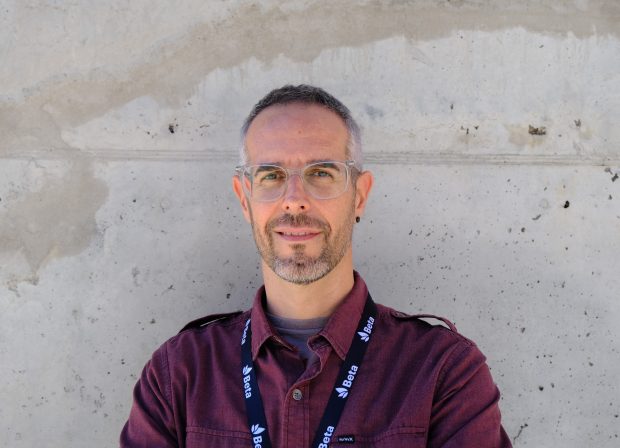02Applied Ecology & Global Change
We work to directly apply knowledge about ecological functioning as a basis for the design of innovative, nature-based solutions.
The main objective of this unit is to learn how to use knowledge about ecological processes to develop innovative solutions to address the negative effects of global change, including both climate change and anthropogenic impacts. In addition, it works within the general framework of the ‘One Health’ concept, which recognises the inseparable links between human, animal and environmental health.
One of its main areas of research is the ecological and ecotoxicological study of aquatic ecosystems, the services they provide and how anthropogenic pollutants can alter them. He pays special attention to the study of the main sources and fluxes of transmission of antibiotic resistance in different environmental compartments.
This knowledge allows him to work on the planning and implementation of Nature-Based Solutions and the evaluation of their potential as a tool to mitigate and reduce the ecological impact of certain human activities and the effects of global change.
It also promotes citizen science and coordinates biodiversity conservation projects. In this sense, it works mainly on the emerging nesting of the Caretta caretta turtle in the western Mediterranean, addressing this issue both in terms of research on the phenomenon and its management.
